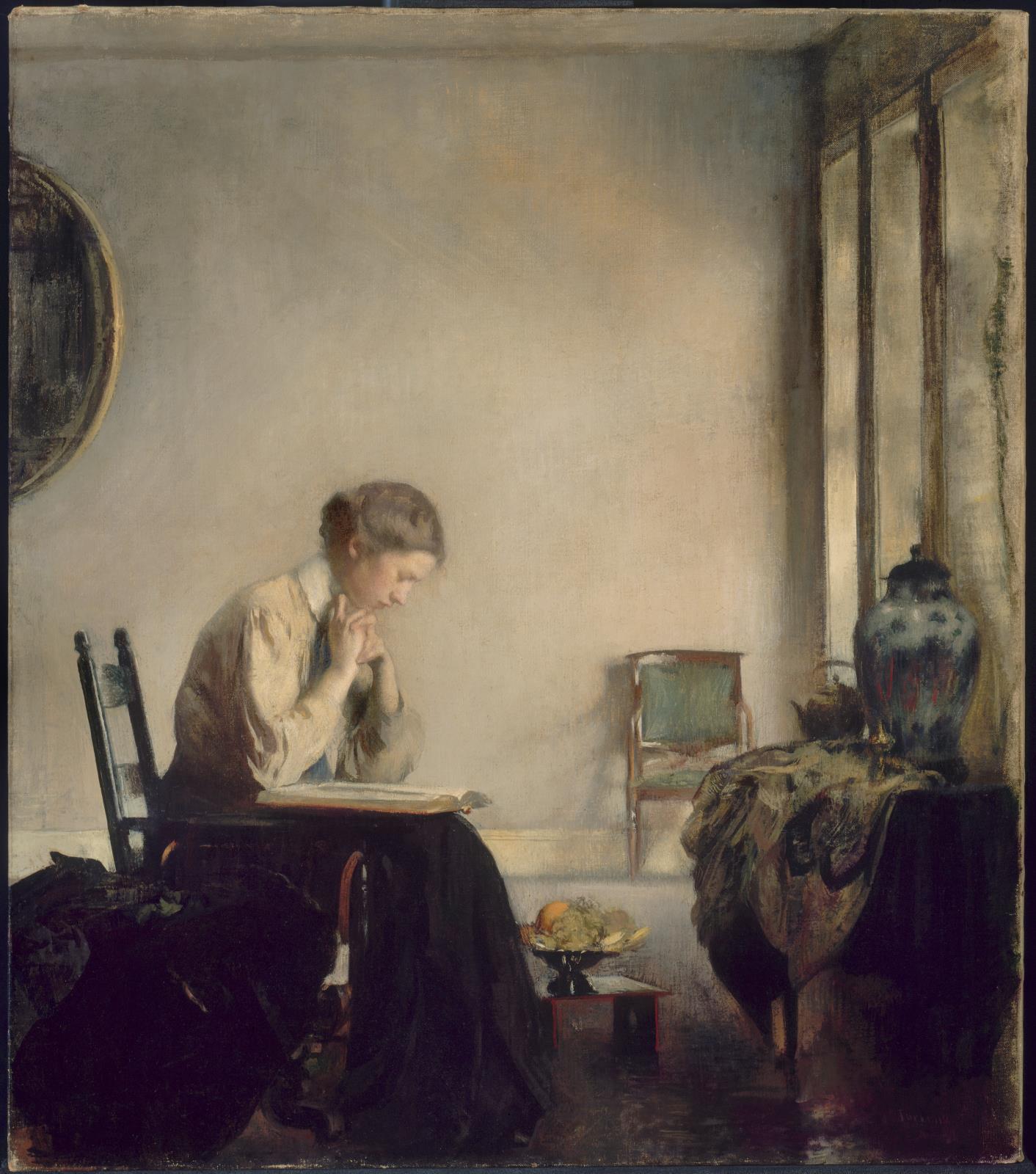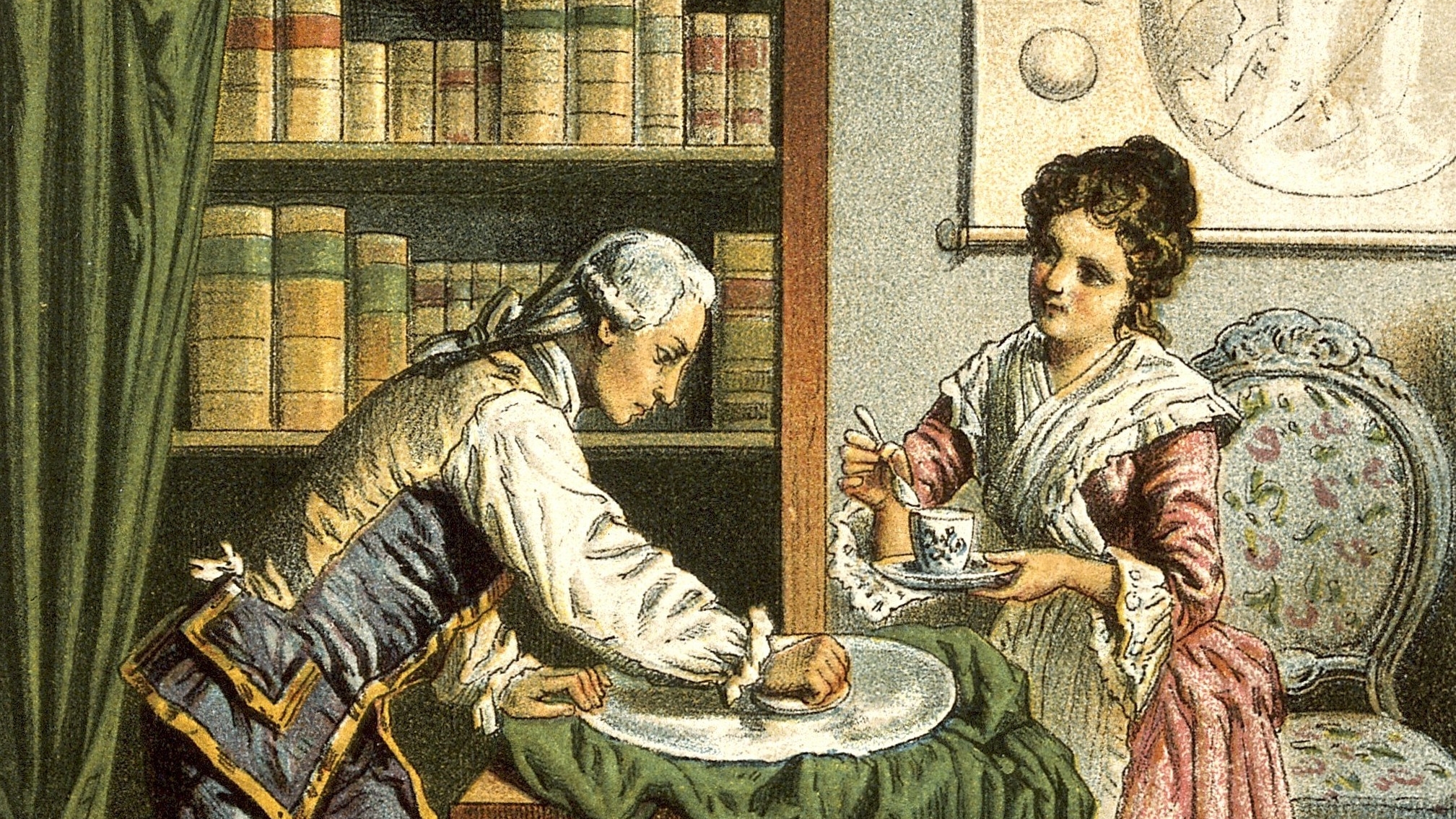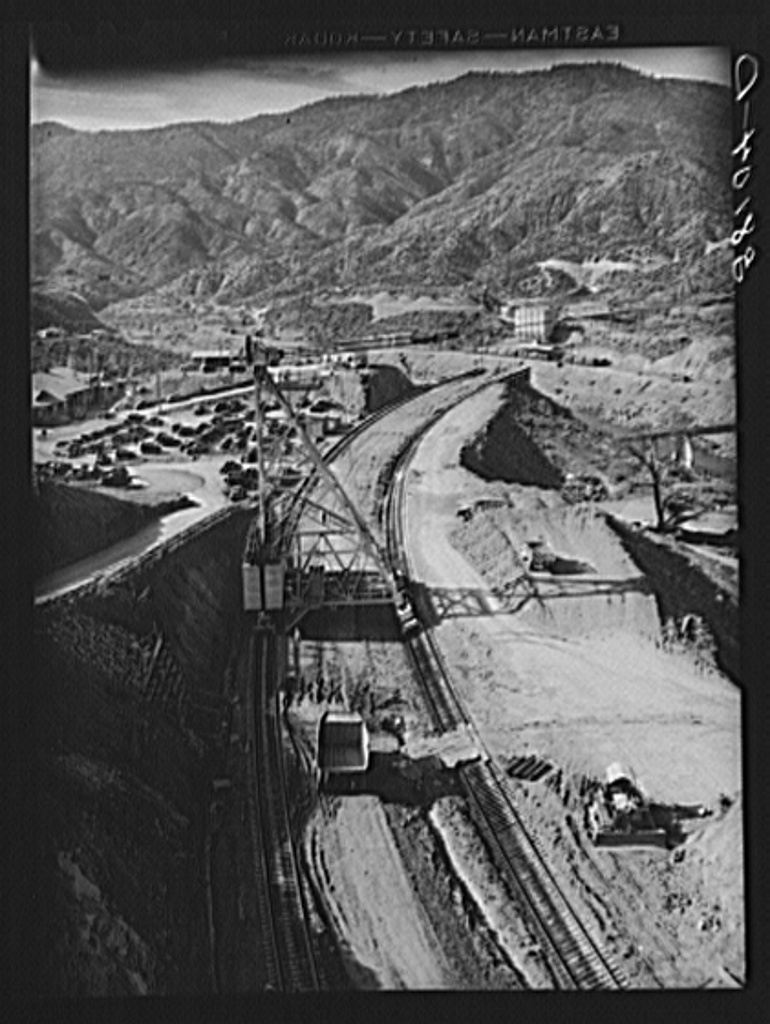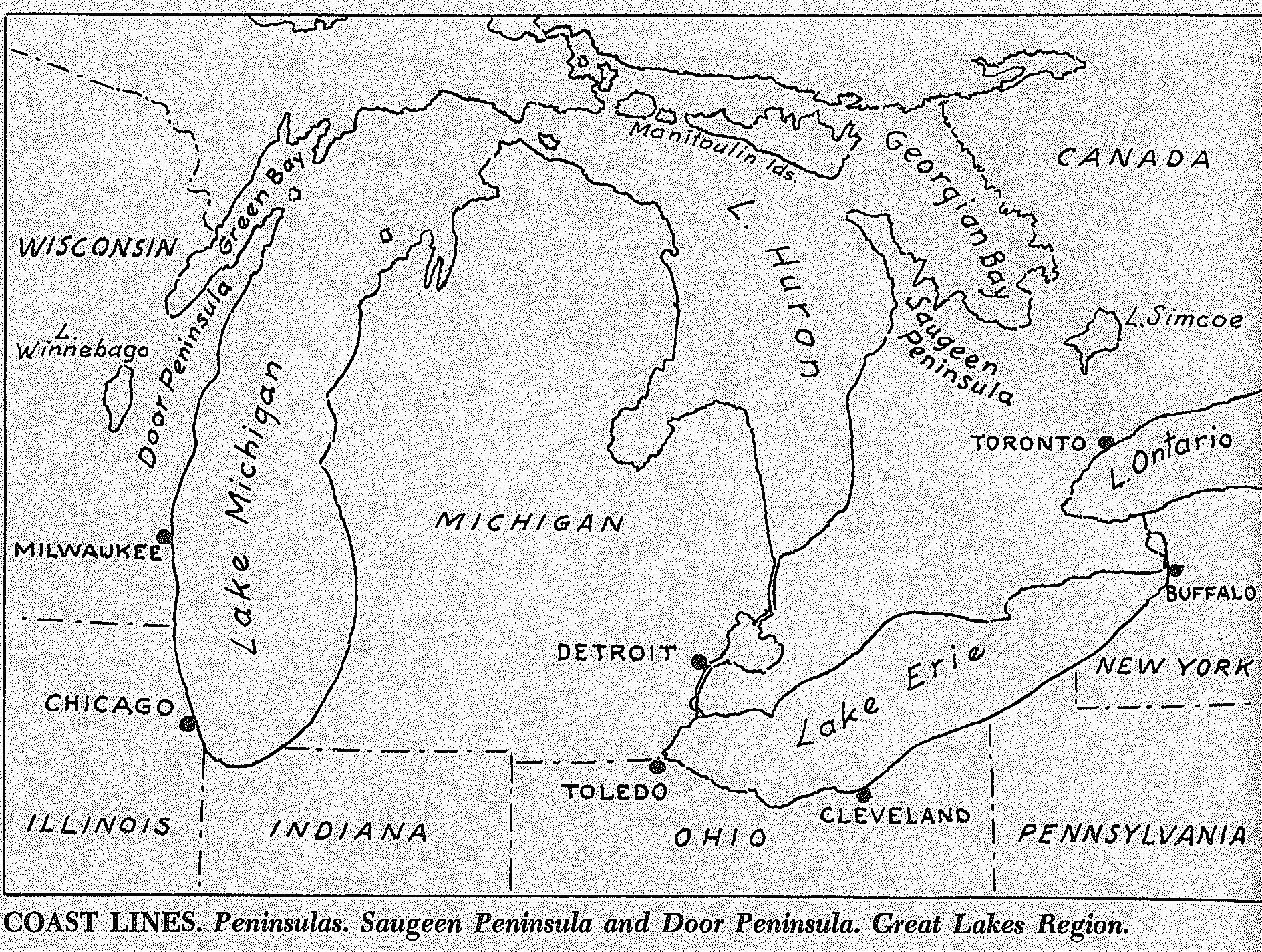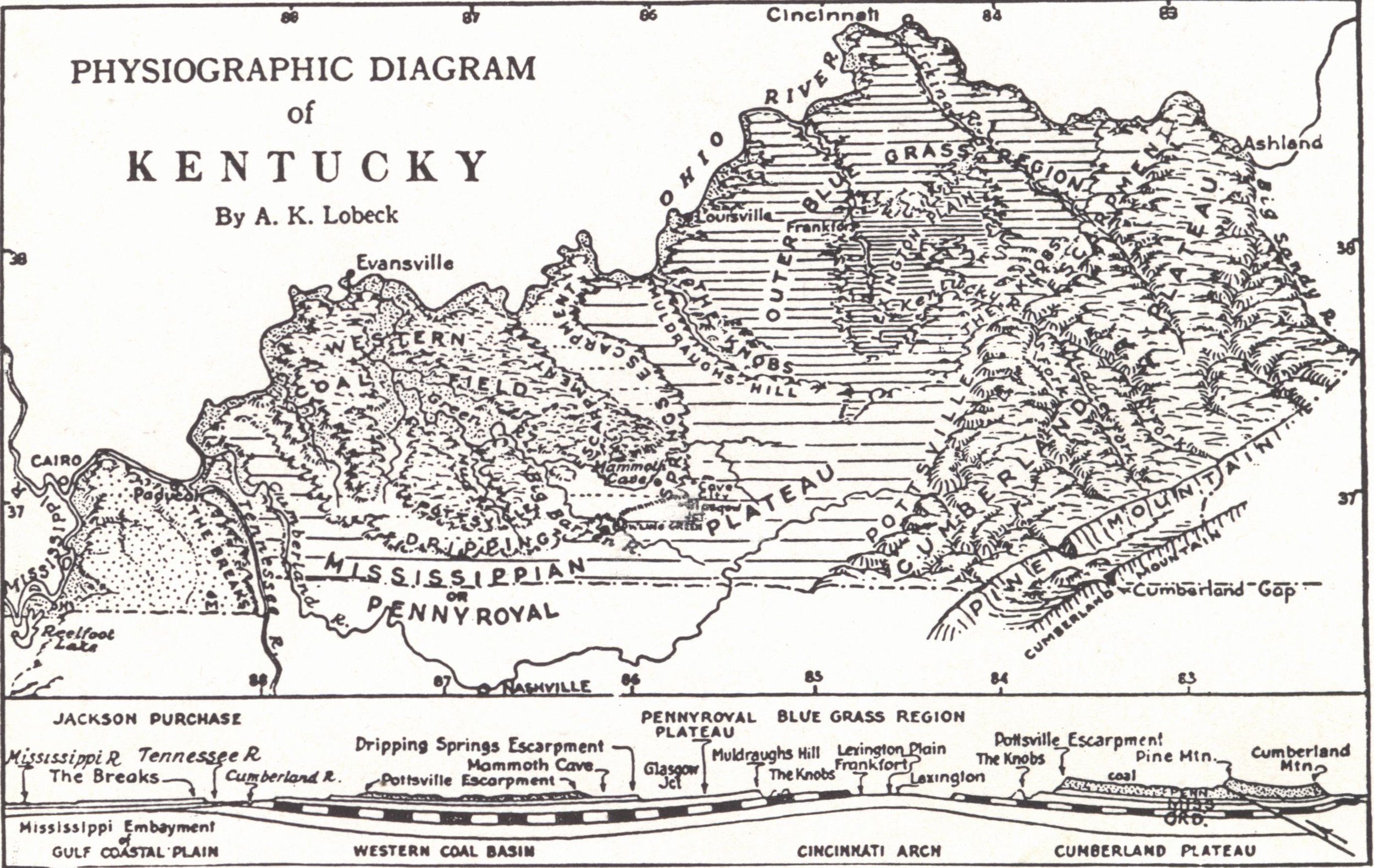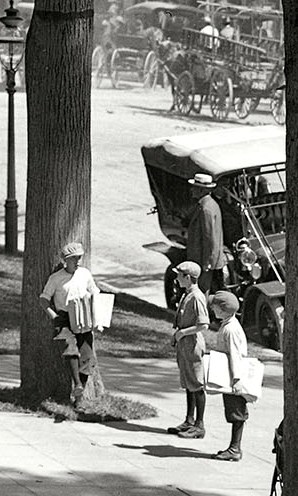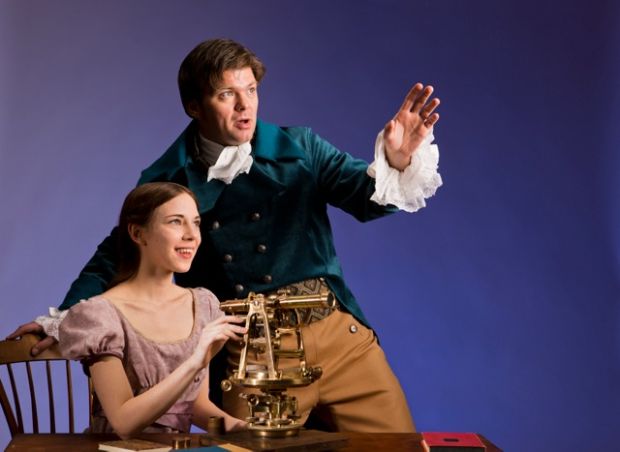In the two years leading up to the attack on Pearl Harbor, FDR was a timid President, unwilling to take any chances. After winning the 1936 election in a stunning landslide, with increased majorities in both the House and the Senate, FDR pissed it away, first with his ridiculous plan to pack the Supreme Court, then by losing vast numbers of seats in 1938, campaigning vigorously but unsuccessfully against prominent members of his own party who he felt were less than committed to the New Deal.
FDR had clearly lost his mojo. He was terrified of opposition to aid to Britain against Germany, and so moved with glacial slowness, retreating quickly if he sensed opposition.
A viciously divided country
Those Angry Days: Roosevelt, Lindbergh, and America's Fight Over World War II, 1939-1941, by Lynne Olson, goes through those two years almost day by day, describing the bad behavior on both sides. Everybody screamed at each other in apocalyptic terms, threatened opponents and their families, and ended lifelong friendships. And, given the state of the world 1939-1941, it's hard to claim that what they were arguing about wasn't important.
The typical narrative is dumb duped isolationists and noble staunch interventionists. But everyone still remembered the US's disastrous intervention in the Great War, which had killed more the 100,000 American soldiers on the other side of the Atlantic for very little visible benefit.
No more dumb wars
It's important to remember what a miserable botch the Great War had been, and how bad the consequences. It killed something between 15 and 19 million people, annihilated the political structure that had ruled Europe, and thus the world, for a century. Russia was a now a murderous Soviet dictatorship, Germany and Italy fascist and increasingly aggressive, France in a virtual civil war between communists and fascists. And no one could get their stupid economies moving again.
So the refusal to enter another such war had a lot to recommend it. Everyone knew that the sly and manipulative Brits wanted to trick good-hearted but slow-on-the-uptake American rubes into saving Europeans from the consequences of their own stupid decisions yet again.
Students opposed war in vast rallies. Ardent members of the America First Committee, the main isolationist lobbying group, included future Presidents John F. Kennedy and Gerald Ford. A recent article in The Atlantic about National Security Adviser John Bolton claims that "'America First' was the slogan of Nazi sympathizers during the 1930s". There were certainly Nazi sympathizers among members of the America First Committee, but the overall characterization is less than fair. Plenty of people opposed going to war while hating Nazis as much as anyone else. They might just have hated Communists too, and there was often no good reason for thinking they weren't as big a threat.
Not that the opposition to war was always entirely fact-based. Congressional hearings blamed the Great War on "war profiteers" in a weirdly Leninist analysis of the causes of US involvement.
Charles Lindbergh, theater and reality
Lindbergh was a what is now a fairly rare type of celebrity, one who was famous for having done something. He was a superb pilot, an excellent engineer, and a good manager, who promoted safe air mail, designed medical devices, and seemed to understand everything aside from his fellow human beings.
He never wanted to be a celebrity, and the celebrity culture of that time was just as intrusive, vicious, and absurd as it is now. He was harried and tormented, had his private activities photographed, and had to deal with constant false information about him. He and his wife Anne fled the country for long periods, just to have some peace and quiet.
Lindbergh thought the US should not get entangled in European conflicts, and should devote its efforts to built up its own military.
But he was the most famous isolationist, so he was eventually persuaded to become spokesman for the America First Committee. His speeches revealed that he shared the antisemitism popular at the time (and since), and the exposure did serious damage to his reputation.
But the notion that he was, or could have been some great political force seems absurd. Lindbergh was brilliant, ice cold, always in control, and did not care what other people thought. The contrast between him and the equally brilliant improviser, manipulator, and mountebank FDR could not be greater, save for one feature they shared: the fact that no one, even their intimates, ever could penetrate to who either of these men really was.
We always end up getting pushed around by these twisted, secret men, with their mysterious and ambiguous motivations. But Lindbergh was just the mascot of America First, not its leader or its ideologist. Still, as the book's cover shows, having these two men represent the struggle for decision makes good narrative sense.
A deep dive into a forgotten period
The book clearly has our own period in view. The divisions were deep and, while people more and more felt that the US had to play a role in the war, the move toward deciding what to do was slow and never complete.
It was only the Japanese sneak attack on Pearl Harbor, followed four days later by the German declaration of war on the US, that resolved the situation.
If Hitler had not done this—and he really does seem to have done it in a kind of offhand way, like impulsively buying a Swiffer vac online—the US might not have gotten involved in the European war. Really no one was interested in sending troops to Europe. That was the old world, the Pacific was the new one.
But after that, everyone was all in, isolationism forgotten. Men who were isolationists days before gave fiery speeches in support of the war, and all was forgotten, and everyone could get on with remodeling themselves as the Greatest Generation.
The book is real pleasure, and follows things through as they happened, without a lot of discussion of what is going to happen in the future. It lets you see how contingent these decisions always are.
But the fact that Japanese made the decision for us has left us with a poor model for how to deal with such deep and intractable conflicts. None of our current struggles, whether about global warming, the changing racial and social composition of American society, or whether to spread the gains from growth more widely, will have that kind of fait accompli that takes the decision out of our hands.
What do you think the US would have done if Hitler had left well enough alone?
Would we have allowed the defeat of Britain? Would we have supported the devolution of European empires? Would we have become a more Pacific Ocean power, eventually intervening in China?


